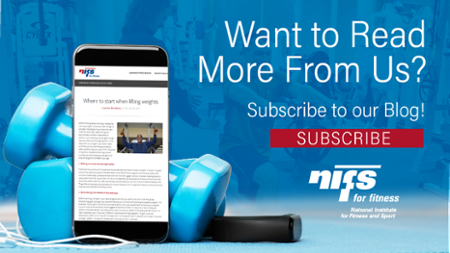 Summer brings longer days and plenty of sunshine, perfect for outdoor activities and adventures. However, the heat can also lead to dehydration. Here are some essential hydration tips to keep you cool and refreshed all summer long:
Summer brings longer days and plenty of sunshine, perfect for outdoor activities and adventures. However, the heat can also lead to dehydration. Here are some essential hydration tips to keep you cool and refreshed all summer long:
1. Drink Plenty of Water - during the hot summer months, especially when engaging in physical activity it's important to increase your water intake. Strive for at least 8 glasses of water daily. Carry a reusable water bottle throughout the day to remind yourself to hydrate.
2. Eat Hydrating Foods - incorporate fruits and vegetables into your diet that are rich with water such as cucumbers, watermelon, strawberries, and oranges. These foods not only provide hydration but are also provide essential vitamins and minerals.
3. Infuse Your Water - water can be boring, add flavor by infusing with fresh fruits, herbs, or vegetables. Combinations like lemon and mint, or cucumber and lime make for great flavors. Make a pitcher to have on hand and fill your glass throughout the day to stay hydrated.
4. Monitor Your Urine Color - light yellow to clear urine will typically indicate proper hydration. If you notice a darker color, that's a good indication you need to increase your water intake.
5. Avoid Excessive Caffeine and Alcohol - limit your intake of caffeine and alcohol during extreme temperatures. If you do choose to consume these beverages, be sure to create balance and drink water as well.
6. Drink Electrolyte-Rich Beverages - when exercising or exerting energy you lose electrolytes. Incorporate coconut water or sports drinks to replace lost electrolytes. Be mindful of your choices as some options contain more sugar than others, opt for choices with lower sugar levels.
7. Schedule Outdoor Activities Wisely - plan accordingly when heading outdoors. Early mornings or late afternoon might be the best options to avoid that mid-day heat! If you are outdoors, be sure to take frequent breaks, seek shade and have your water on hand.
8. Wear Lightweight, Breathable Clothing - your clothing choices can help keep you cool in the heat. Choose breathable fabrics like cotton to help allow your skin to breathe. Wearing sunglasses and a wide-brimmed hat can help provide you relief from the sun and reduce risk of overheating.
9. Listen to Your Body - don't wait until you are thirsty to drink water. Listen to your body and pay attention to the signs of dehydration such as dizziness, headache, fatigue and dry mouth. If you experience any of these take steps to rehydrate.
10. Stay Cool Indoors - take cool showers to help lower your body temperature if you start to feel overheated. Cool off in air conditioning or with a fan, especially on excessively hot days.
These tips can help you enjoy a fun and active summer while staying hydrated. Remember, hydration is key to keeping your body functioning properly, especially in the heat.


.jpg?width=422&height=281&name=GettyImages-1423997728%20(1).jpg) In the realm of fitness and nutrition, the term "caloric deficit" often takes center stage. But what exactly does it mean, and why would someone actively pursue it? Let's break it down.
In the realm of fitness and nutrition, the term "caloric deficit" often takes center stage. But what exactly does it mean, and why would someone actively pursue it? Let's break it down.